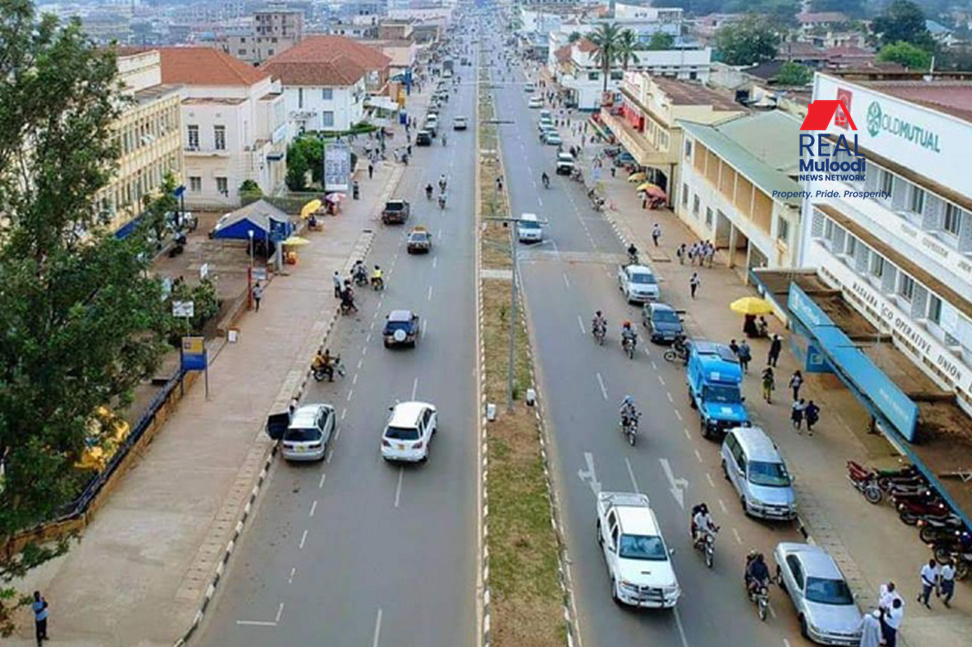UGANDA, Kampala | Real Muloodi News | Local Government Minister Raphael Magyezi has revealed that the fate of five new cities remains uncertain due to a court decision three years ago that nullified their creation.
The municipalities of Entebbe, Nakasongola, Moroto, Kabale, and Wakiso were elevated to city status by Parliament on April 28, 2020, alongside 10 other towns.
However, the operationalisation of these five cities has been in limbo since a court ruling following a petition argued that Minister Magyezi flouted local government rules.
The Masaka High Court judge ruled that the minister had not followed the correct procedures for establishing new administrative units, as he issued guidelines instead of a statutory instrument.
This decision has left Minister Magyezi in a position where he stated that the five new cities are on hold, and their fate remains unclear.
The original plan aimed to have Entebbe become a city on July 1, 2022, followed by Nakasongola, Moroto, Kabale, and Wakiso on July 1, 2023. However, the legal complications arising from the court decision have disrupted this schedule.
In May 2021, the ministry expressed plans to amend the law to facilitate the effective functioning of new urban local governments, addressing the challenges resulting from the lack of a clear distinction between them and their mother districts.
The absence of guidelines from the minister has created operational difficulties, affecting aspects such as funding, staffing, and the transfer of assets and liabilities.
The Auditor General’s 2022 annual audit report highlighted the challenges faced by the newly created cities, including funding constraints and staffing issues.
The ten new cities had a combined approved budget of USh468.5 billion, with a shortfall of Shs41.2 billion. The report also revealed undisclosed liabilities for some cities, emphasising the need for clear guidance from the minister.
Minister Magyezi recently stated that the ministry is seeking USh51.2 billion to build offices for 10 districts displaced by the cities and 312 new sub-counties. This underscores the financial challenges associated with the city transitions.
A recent report by the Equal Opportunities Commission (EOC) questioned the suitability of eight new cities based on a 2017 National Urban Policy.
The policy outlines criteria for a city, including a population of 300,000 people within a 50 square-kilometre radius, an integrated development plan, and the ability to raise sufficient revenue.
Only Mbale and Arua met these criteria, while the others fell short. Minister Magyezi argued that the necessary population and area were achieved by carving out more territory from the mother districts.
As the legal and logistical complexities persist, the future of these five new cities hangs in the balance, awaiting resolution and clarity on their operationalisation.
READ MORE LIKE THIS:



